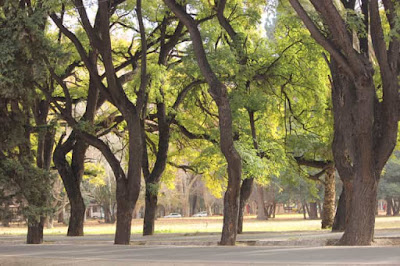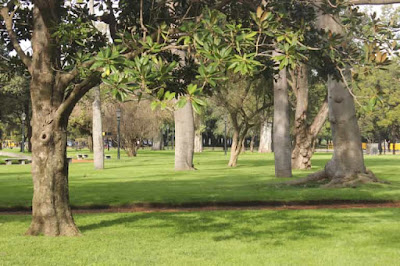Just so interested parties know what's being considered by someone in our state government.
..............................................
I also know that CP makes other contributions to the community such as $100,000 to the Museum in 2007. And there was a $3.68 million gift to the University of Alaska also in 2007. But we need to put an * on that. The University of Alaska press release on the gift also says,
The annual gifts stem from a charter agreement between the oil companies and the state regarding the BP merger with ARCO in the late 1990s. Part of the charter agreement identifies public higher education as a top priority for charitable donations . . .
So a minimum amount of contribution is required by this Charter Agreement that was a condition for the BP-ARCO merger. I called Scott Goldsmith, the author of the ISER report, to find out how to get access to the Charter Agreement.He wasn't sure if he ever actually saw a copy, but said he'd check for it tomorrow. [Update: I also called UAA Advancement and later the UA Foundation called and said they would find the Agreement and email it to me .] On the internet, nearly all references I find about BP or ConocoPhillips contributions to the University have that standard clause in them.Well, a few days later, I got an email from the University of Alaska Foundation with a copy of the charter. But we were in high gear preparing to go to Thailand and what with the traveling and getting into things here, I didn't get around to posting that agreement. (It's down below) I haven't had a chance to study the whole charter, but I expect there is plenty to chew on.
For the time being, let's just look at the part that discusses community charitable contributions:
D. Community Charitable Commitment. Within three months after the merger is completed, BP and ARCO [what BP wasn't allowed to buy of ARCO because it would have given BP monopolistic power in Alaska eventually became Conoco-Philips if I got this right] will establish a charitable entity dedicated to funding organizations and causes within Alaska. The entity will provide 30% of its giving to the University of Alaska Foundation and the remainder to general community needs. Funding decisions by the entity will be made by BP and ARCO, with the advice of a board of community advisors. BP and ARCO will provide ongoing funding to this entity in an amount that is equal to 2% of BP's and ARCO's combined aggregate net Alaska liquids production after royalty times the price for WTI. Specific entity funding levels will be calculated annually on the same date each year, referencing the liquids production and the average NYMEX WTI prompt month settlement price for the 12 months immediately proceeding the calculation.
So here are some questions I have:
- Who monitors these contributions to be sure that they are making the contributions required?
- How do members of the public find this out?
- Are they contributing what they are required to contribute?
- Are they contributing more than they are required to contribute? (If not, can either company seriously claim to make charitable contributions? This was simply a business deal, a required cost of doing business in Alaska and not really charitable donations.)
- Who is on these boards and are the meetings announced and public?
A quick Google search got me to the BP website. Searching there for charter agreement I got a copy of the 2007 annual report on the Charter Agreement for 2006. It is four lines over four pages - for the whole charter agreement. Plus a cover letter to Governor Sarah Palin. The part on charitable giving says this:
COMMUNITY CHARITABLE GIVINGConocoPhilips's website gave me this message:
The BP Board of Community Advisors met in February, 2006, at which time they
reviewed 2005 community spend [sic] and plans for 2006.
BP spent more than $10.2 million in support of community programs in 2006,
consistent with the formula detailed in the Charter.
Approximately $3 million was contributed to the University of Alaska Foundation
(1/3 of community investment).
Connection to server www.search.conoco.com failed (The server is not responding.)
Why do I think that is the extent of the oversight? Even BP didn't think it was important enough to proof read it carefully. Am I being too cynical? Did the Governor's office demand back up information so they could see how the 2% times the price of WTI? I don't know. What about all the other issues in the Charter? What sort of scrutiny do they get? Just this brief annual report?
Since I'm pretty busy right now in Thailand, I'm going to have to hold off on pursuing these questions. Though I might send them to my representatives in the State Legislature.
Meanwhile, here is the rest of the Charter. I hope other bloggers and non-bloggers start reading it carefully to see whether the oil companies are living up to the agreement. I guess first we ought to figure out which state agencies are responsible for keeping track.
Charter for Development of ... by Steve on Scribd






































